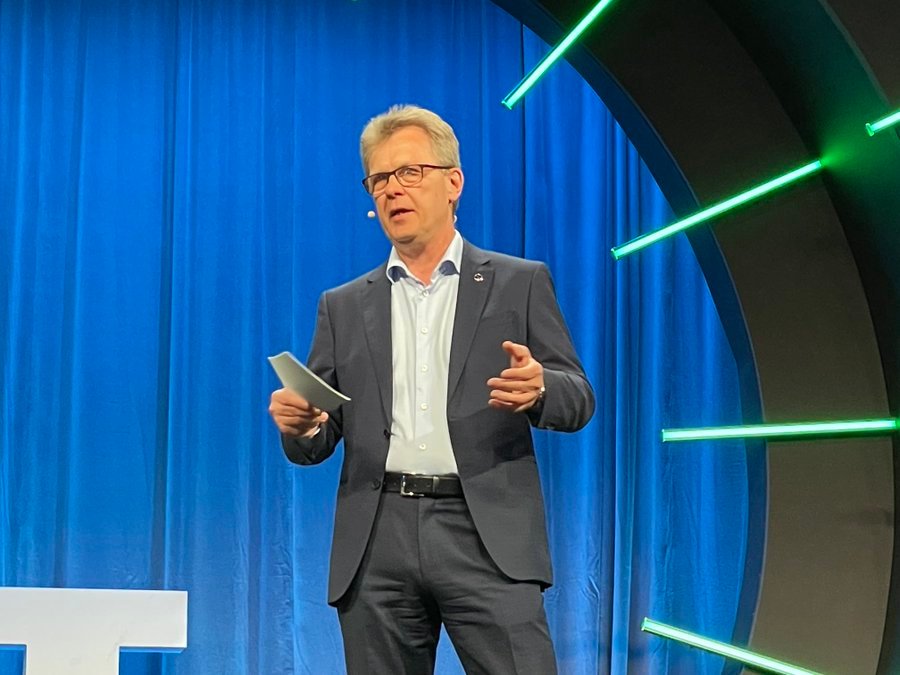News List
India’s booming economy to drive truck demand, says Volvo Trucks President Roger Alm

As India cements its position as one of the world’s fastest-growing economies, global automaker Volvo Trucks expects the country’s expanding GDP to spur a sharp rise in demand for commercial vehicles. Speaking to The Economic Times, Roger Alm, President of Volvo Trucks, said India’s strong economic momentum will continue to fuel growth in the transport and logistics sector, positioning the nation as a key market for the Swedish group.
While Volvo Group’s market outlook for calendar year 2026 projects a potential slowdown in heavy-duty truck demand in North America, Alm noted that India stands out as a bright spot. “With economic activity increasing rapidly, India’s need for medium and heavy-duty trucks will continue to rise,” he said.
India’s role in Volvo’s global value chain
Alm underscored India’s growing importance in Volvo’s global manufacturing ecosystem, particularly through its Pithampur facility in Madhya Pradesh, which produces engines for trucks sold worldwide. “We already source components from India for our trucks globally,” he said. “The Pithampur plant is an integral part of our manufacturing network and will remain vital to the regional value chain.”
India currently serves as the global manufacturing hub for Volvo Group’s 5-litre and 8-litre MDEP engines, reflecting the country’s evolution from a regional production base to a strategic global contributor.
New investments and expansion plans
The company’s joint venture with Eicher Motors, known as VE Commercial Vehicles (VECV), recently announced an investment of ₹544 crore to establish a new production facility for 12-speed automated manual transmissions (AMT) near Ujjain. The plant will cater to Eicher’s heavy-duty truck segment, Volvo Group’s domestic operations, and select markets across the Asia-Oceania region.
While Alm refrained from revealing Volvo Group’s total investment in India to date, he confirmed that future commitments are on the horizon. “India will continue to be an important part of our global supply chain, and this will require more investments,” he said.
Push toward zero-emission transport
On the sustainability front, Alm said Volvo Trucks has developed eight electric truck models and sold over 5,500 electric units across 50 countries. With India now beginning to adopt electric trucks, the company has signed a memorandum of understanding to expand production in Bengaluru.
However, he pointed out that limited charging infrastructure remains a major challenge globally. “Without adequate charging facilities, electric trucks cannot operate effectively. We need collaboration from power utilities, fuel providers, and energy companies to ensure grid readiness,” he said.
Exploring alternative fuels
Acknowledging that the global shift to electrification will take time, Alm added that Volvo Group is also investing in liquefied natural gas (LNG) technology as a transitional solution to cut emissions and fuel costs. “The automotive industry is undergoing a massive transformation, and electrification is the right path toward decarbonisation. But it must be supported by infrastructure and innovation,” he said.
With India’s growing economic strength, expanding infrastructure, and evolving policy landscape, Volvo Trucks sees the country not just as a growth market — but as a cornerstone in its global sustainability and manufacturing strategy.
